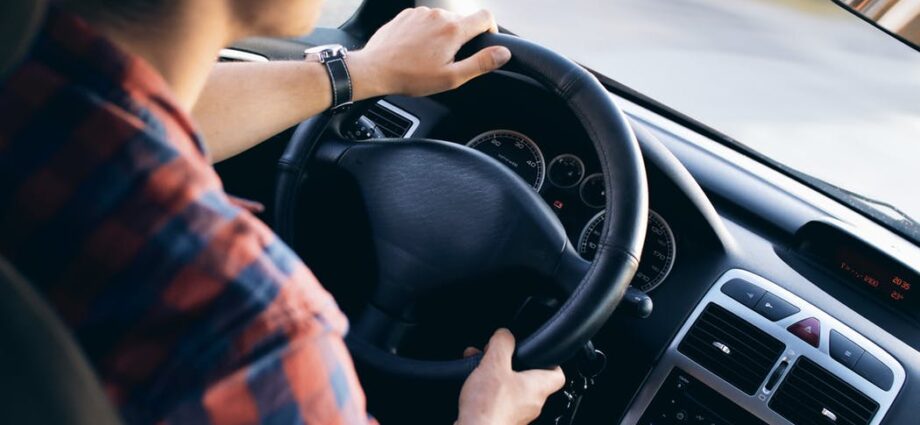Being ready and prepared for upcoming driver medicals are easier said than done.
Particularly for citizens who don’t have a point of reference, they need to know which practices will have them in the best position to pass all necessary examinations.
Aside from having personal support there on the day, here is a chance to see what else individuals can do to manage scheduled driver medicals.
Engaging a State Driving Department
Driver medicals are programs that are run and overseen by state and territory government bodies. From Queensland to New South Wales, Victoria, Western Australia, South Australia, Tasmania, Northern Territory and Australian Capital Territory (ACT), there are unique provisions about how these medicals are initiated and the type of assessments that are delivered. Make contact with the department and see what steps are expected, beginning with the application process.
Connection With Trusted GP/Medical Operator
A major portion of driver medicals will be the specific ailments and conditions of the individual. Whether it pertains to sleep disorders, cardiovascular disease, vision impairment, blackouts, musculoskeletal complications, neurological and psychiatric problems and general challenges with ageing, it will be the assessments of a trusted doctor or GP that carries the most weight. Their reports will be used to condition the medical in any case, so enjoying an open dialogue with them is strongly advised.
Testing the Route & Being Comfortable in the Vehicle
Local drivers who are looking to work through these medical programs are encouraged to look at this requirement like they would when being involved in applying for their learners (L) or provisional (P) licence. In this regard, there will be officials from the department who will be in the vehicle to work through key assessments when it comes to driving, indicating, navigating traffic and parking. To be prepared for the appointment, it is advisable to be comfortable with the vehicle parameters if they require adaptation and to be knowledgeable about the surrounding roads to avoid being caught off-guard.
Understanding Conditional Licence Options
There are a number of case studies where participants will be involved with driver medicals and while they are not eligible for a full licence to drive on the roads, they will be eligible to receive a conditional licence. This will be issued for individuals who may require some adaptation to their vehicle to support movement and vision to restrictions placed on the times that they are able to be on the road. It is a regular occurrence for elderly members who still want to retain their independence, but cannot travel long distances, engage in night driving or handle a regular vehicle that isn’t modified to their condition.
Appreciate Medical Program Requirements
Although they can be an inconvenience to add to the frustration and stress that community members face, there is no question that driver medicals are mandatory protocols. It is not only a case of the individual’s fitness to drive on public roads, but how that could impact the wellbeing of others who are traveling at high speeds and need to know that everyone is fit to drive. They are only in position when absolutely necessary, so once they are put into place, drivers know where they stand.
Summary
If there are any other questions or issues about how to prepare for scheduled driver medicals, it is beneficial to link up with the state driving authorities and ask questions. They will be more than happy to steer participants in the right direction and ensure they are well prepared for the assessments that will follow. Once individuals know what is required and expected from them, it becomes easier to navigate future appointments.

